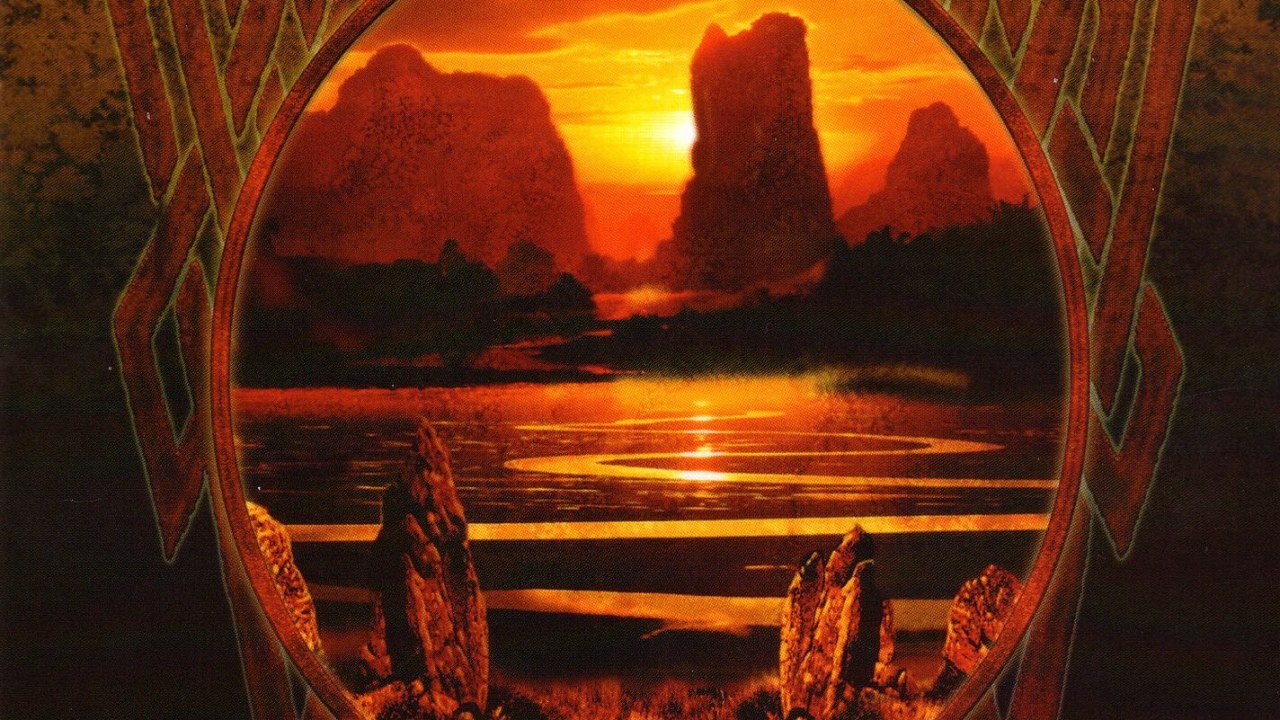Plenty of bands that have achieved less than Uriah Heep are more highly regarded. In fact, it’s hard to think of another act who’ve made a comparable amount of albums (Into The Wild is Uriah Heep’s 23rd studio record, to sit alongside 12 – that’s 12 – live albums and 13 compilations); sold a similar amount of records (close to 30 million); viable for 40 years and who can legitimately claim some small part in the genesis of a genre – but who have also been so resolutely unacclaimed, so palpably ignored, as regularly unloved.
They’re almost magnificently irrelevant now, too, and yet they endure, with a puppyish enthusiasm for what they do.
Perhaps it’s their evident lack of star quality, their stoic acceptance of blokedom, that is responsible. There’s little of the glassy distance of fame between them and the world. Like most long-running acts, their back-story contains the usual comic catastrophes of exploding drummers and double-booked Enormodomes, and these are compounded by Uriah Heep’s image.
They’re embodied by their founding member, gnomeish axepert Mick Box, a man who looks more at home emerging from a garden shed than the Viper Room. Box is a formidable guitarist and a wonderful raconteur, a hearty fellow able to appreciate the absurdities of his calling. Most rock stars – your David Coverdales, your Vince Neils, your Jon Bon Jovis – lack such self-awareness and humour. They don’t see the funny side, they preserve that distance between their lives and ours, and they’re less easily dismissed as a result. Box has been in position since 1969, bassist Trevor Bolder since 1976 (bar a temporary departure between 1981 and 1983), singer Bernie Shaw and keyboardist Phil Lanzon since 1986.
Only the ill-health of drummer Lee Kerslake, who first appeared with Heep in 1971, necessitated the arrival of new-boy Russell Gilbrook in 2007. Combined, they’ve been members of Uriah Heep for over 100 years. Together they have ploughed through the band’s real heartlands of eastern Europe (Heep were among the first Western artists through the Iron Curtain) – vast, unfashionable tracts where the punters know what they like, and what they like is Uriah Heep. That support has probably helped to keep the band’s essential sound intact. Were you able to travel back in time, you could play Into The Wild to a fan of Uriah Heep in 1975 or 1985 and they would recognise it immediately.
All of their standard tropes are here: Box riffs merrily and endlessly, that Hammond organ swirling beneath him as reliably as the tides. It’s a combination that, like Status Quo and their 12-bar boogie, they have never abandoned. Whether they could or should do so has become a moot point. Old ground is certainly re-covered on Into The Wild – with 22 previous albums on the books it would be very difficult not to – but it’s done with a verve that belies their years.
Heep aren’t doing anything new, but they are doing something that excites them, which is evident from the relish with which they steam into the first three songs here, Nail On The Head, I Can See You and Into The Wild. Each is a knowing confection of power chords, booming beats and Shaw’s well-paced roar. Nail On The Head bears an unfortunate similarity to Oops Upside Your Head in its chorus, but there is a tremendous sense of craft to it – and to all of the songs. They’re thoughtfully constructed, built for dynamism and played hard.
Long-term Heep-heads will be awaiting the arrival of something more epic. These hopes are toyed with through the rollicking I’m Ready, and the pay-off is duly delivered in Trail Of Diamonds. It’s introduced by a lengthy narrative introductory passage in the style of Rainbow’s Temple Of The King, before taking off on a flight of grand fancy. It’s a wonderfully guilty pleasure to hear this sort of thing done with such obvious joy.
Uriah Heep are restrained by genre, too. Trail Of Diamonds is typical of their highly rhetorical lyrics – lines and phrases that sound great when sung but that, in reality, mean very little. There are dreams within dreams, shadows on hills and mysterious women appearing with a kiss. There’s even, at one point, a ‘T-Bird Angel’. It’s resolutely the stuff of cheapo teenage fantasy novels.
Uriah Heep have shrugged off such critical quibbles for decades, so they’re unlikely to bother them now. With Into The Wild, they have cut an album in their own unpretentious image. After all of these years, it’s they who have summed themselves up best: very ’eavy and very ’umble.

